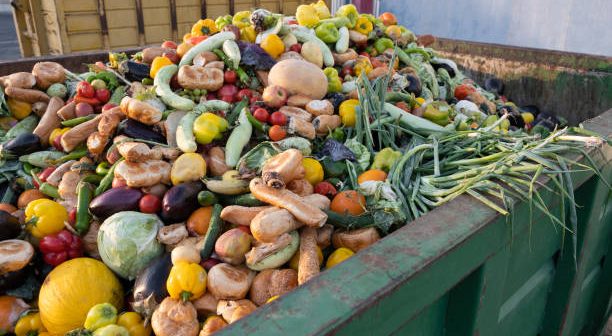Every year, on October 16th, the world unites to observe World Food Day, highlighting the ongoing global challenges of hunger and malnutrition. The theme for World Food Day 2024, “Right to Food for a Better Life and a Better Future,” calls attention to the fundamental human right to nutritious and adequate food, emphasizing that eradicating hunger requires sustainable agricultural practices and social policies that target the most vulnerable.
India’s Role in Tackling Global Hunger
India, home to over 1.4 billion people, plays a pivotal role in the global fight against hunger. The nation’s diverse and comprehensive food security programs have made significant strides toward alleviating hunger and malnutrition. Key initiatives include:
- National Food Security Act (NFSA): Ensuring subsidized food grains for up to 75% of rural and 50% of urban populations, benefiting 81 crore individuals, including 16 crore women.
- Pradhan Mantri Garib Kalyan Anna Yojana (PMGKAY): Initially launched to support the poor during the COVID-19 pandemic, this program continues, offering free food grains to over 81 crore beneficiaries.
- PM POSHAN Scheme: Focused on improving the nutritional status of children in government schools, with a budget of ₹12,467.39 crore for 2024-25.
- Antyodaya Anna Yojana (AAY): Targeting the poorest and most vulnerable citizens, AAY ensures food security for over 8.92 crore individuals.
- Rice Fortification Program: From 2019 to 2024, 406 lakh metric tonnes of fortified rice were distributed, improving nutritional intake across the country.
- Price Stability and Affordability Initiatives: Through strategic measures like the Price Stabilization Fund, the government aims to manage price volatility of essential commodities, ensuring food affordability for lower-income groups.
Indian Thali: A Global Model for Sustainability
India’s traditional plant-based diet has gained global recognition for its nutritional and environmental benefits. The WWF Living Planet Report has lauded the Indian Thali for its contribution to sustainable food practices. With grains, pulses, lentils, and vegetables as its cornerstone, the Indian diet minimizes resource use and greenhouse gas emissions. The report suggests that if global consumption followed India’s model, we would need only 0.84 of an Earth by 2050 to sustain food production.
Conclusion
On World Food Day 2024, India’s achievements in food security stand as a beacon of hope in the global struggle against hunger. Through innovative policies, sustainable agricultural practices, and targeted social welfare programs, India continues to make significant progress toward achieving zero hunger, in line with the Sustainable Development Goals. By prioritizing the right to food, the nation not only addresses the hunger crisis at home but also offers a roadmap for global food security and sustainability.
India’s ongoing efforts underscore its commitment to improving the quality of life for its citizens while setting an example for the world.






